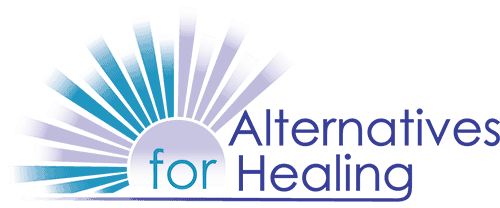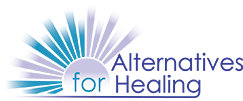by Elizabeth Chen Christenson, MD, LAc
A recent article from JAMA, January 6, 2010;303(1):47-53, and subsequent news in the popular press has identified that there is a lack of efficacy of modern western anti- depressants for the treatment of mild to moderate depression. The use of antidepressants for severe depression is well documented.
Depression is a serious medical illness affecting more than 14 million American adults every year. While the exact cause of depression is not known, the leading scientific theory is that depression is caused by an imbalance of the neurotransmitters in the brain.
Depression is diagnosed by the use of self-rating depression scales and clinical assessment. The scales rate the severity of symptoms observed in depression such as low mood, insomnia, agitation, anxiety and weight loss. A higher score usually represents a worse severe depression.
Symptoms of depression are somewhat different between men and women but some common ones are either persistent sad or “empty” feelings or loss of interest in activities, irritability, hopelessness, trouble sleeping, low energy or fatigue, feeling worthless or guilty for no reason, significant weight change, difficulty concentrating, loss of interest in favorite activities. Depression is an independent risk factor for death in those who have a heart attack. Women with depression are more prone to bone loss from osteoporosis.
Up to 10 percent of women and 4 percent of men in America take antidepressants. If antidepressants don’t work well, as JAMA article reported, for mild to moderate depression we as a nation are vastly overtreating people and exposing them to the risks of side effects of these drugs with no benefit and with increase cost.
Some common side effects of antidepressants include: nausea, sweating, problems sleeping or drowsiness, vomiting, dry mouth, diarrhea or constipation, Irritability, anxiety, difficulty passing urine, sexual problems, gastrointestinal disturbance/diarrhea, dizziness or light-headedness, weight changes, abdominal pain, body temperature changes, difficulty in breathing, increased heart beat.
There are many alternative treatments available for depression. Each of these alternative treatment of depression seek to re-establish a balance or harmony within the body, mind, spirit and in the lifestyle of the person being treated.
Dr. Elizabeth Chen Christenson has vast experience in alternative treatments for depression and can work with you to develop your own treatment plan and get your life back.
During initial visit Dr. Christenson will review your extensive medical questionnaires in bodymind-spirit including prescribed medications, dietary / nutritional assessment, Traditional
Chinese Medicine evaluation and physical examination. Depends on the finding, you will receive either individual or combination of Acupuncture, Chinese Herbs, NAET (Nambudripad Allergy Elimination Techniques), EFT (Emotional Freedom Technique), Soul-Mind- Body Medicine Healing Techniques, Harp Therapy, Nutritional recommendation, Healthy Relationship Coaching, Healthy Life-style Coaching including positive affirmations and avoiding negative influences from people or media, Qigong healing movement, Soul Song and Dance therapy.
Dr. Elizabeth Chen Christenson practices family medicine, integrative medicine and Chinese medicine at the Department of Complementary and Alternative Medicine clinic at the John A. Burns School of Medicine, University of Hawai’i-Manoa and CHI Medical Center at Kailua, HI.
Reach her at 808-692-0908. www.chimedicalcenter.com

